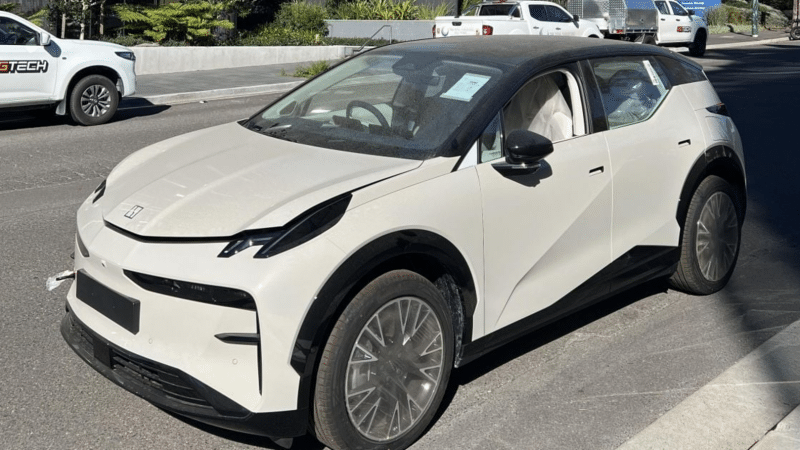Proposal to Slow Down for Roadside Workers Sparks Debate on Safety Measures
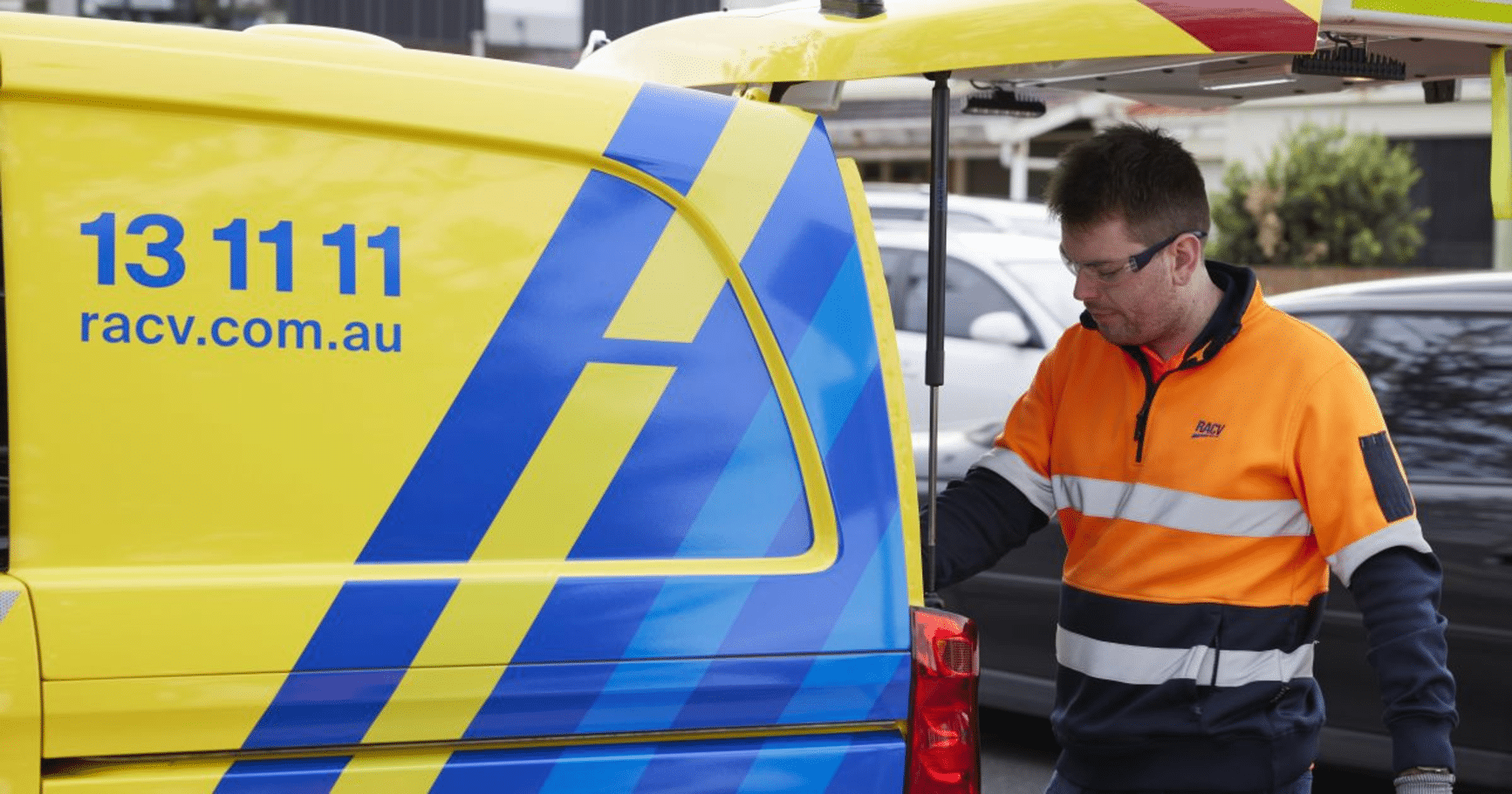
Proposal to Slow Down for Roadside Workers Sparks Debate on Safety Measures
Will the introduction of reduced speed limits for roadside workers truly make the roads safer or could it potentially lead to more accidents due to drivers not reacting in time?
A proposal by Victoria’s motoring club could result in the state’s motorists slowing down for more roadside workers in the name of safety, despite the lower speeds having previously led to near-misses and crashes.
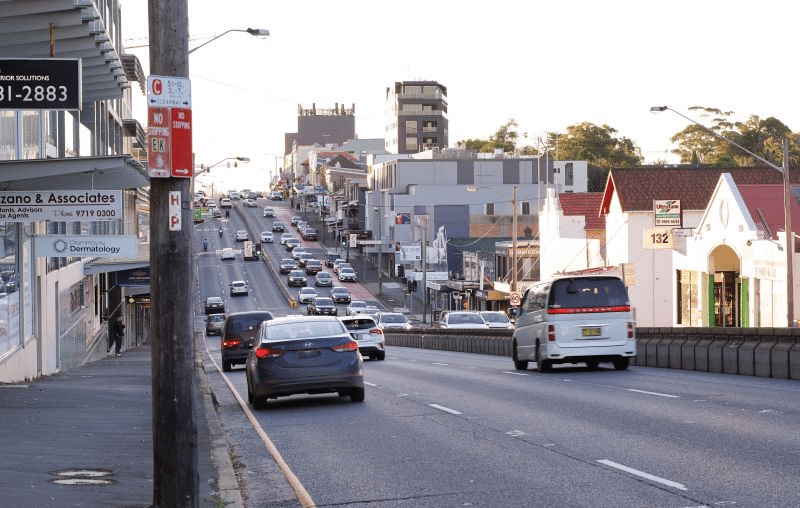
The Victorian Legislative Assembly Economy and Infrastructure Parliamentary Committee has shown support for a proposal put forth by the Royal Automobile Club of Victoria (RACV) to introduce a 40km/h speed limit when passing tow trucks and emergency roadside assistance vehicles with flashing lights.
Currently, motorists in Victoria are only required to slow down to 40km/h for traditional emergency service vehicles, such as ambulances, police, and fire vehicles, when their flashing lights are activated.
The RACV’s proposal aims to extend these protections to roadside assistance workers who also face risks while assisting motorists.
RACV’s motoring products general manager, Jeff Ames, highlighted the need for urgent legislation to protect worker safety and expressed disappointment at the lack of progress in implementing the proposed speed limit.
However, concerns have been raised about the effectiveness of reduced speed limits in preventing accidents.
In some instances, following vehicles have failed to notice the flashing lights and have not reacted in time, resulting in collisions.
Dashcam footage from a 2019 report by ABC News showed several crashes where vehicles that had correctly slowed down were struck by other motorists who hadn’t noticed the changed conditions.
Former South Australian Emergency Services Minister Corey Wingard argued that the 25km/h limit in South Australia was out of sync with other jurisdictions and posed additional dangers.
Other states in Australia have their own regulations on speed limits when passing emergency vehicles.
In Western Australia and Tasmania, motorists are required to slow down to 40km/h when passing any emergency vehicle with flashing lights.
New South Wales also has a 40km/h limit, but it only applies on roads with a speed limit of 80km/h or lower. Above 80km/h, motorists are required to slow down safely and move over.
Queensland mandates motorists to move over and slow down when passing a stationary emergency response vehicle with flashing lights, but it does not specify the exact speed to be reduced to.
Notably, the Northern Territory currently has no laws regarding speed limits for either traditional emergency vehicles or roadside assistance responders.
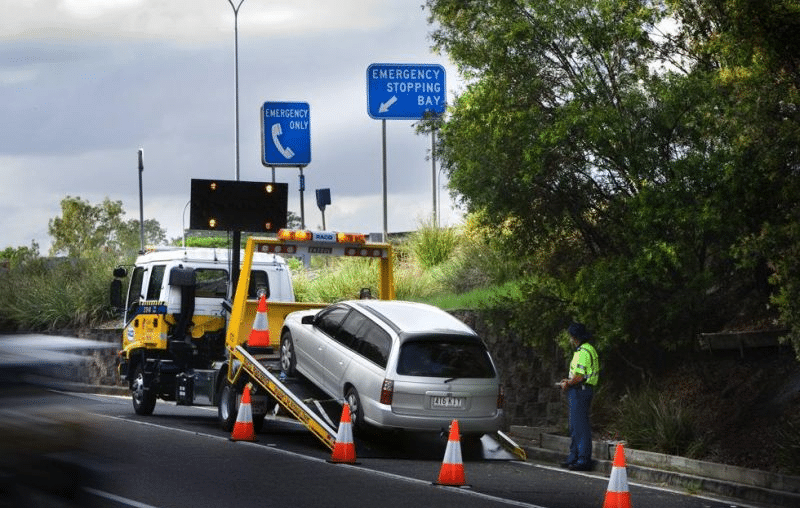
- Victoria’s motoring club proposes a 40km/h speed limit when passing tow trucks and emergency roadside assistance vehicles.
- The proposal aims to protect roadside workers and bring them under the same protections as traditional emergency service vehicles.
- Instances of accidents caused by sudden slowing down of vehicles have raised concerns about the effectiveness of reduced speed limits.
- Different states in Australia have varying regulations on speed limits when passing emergency vehicles.
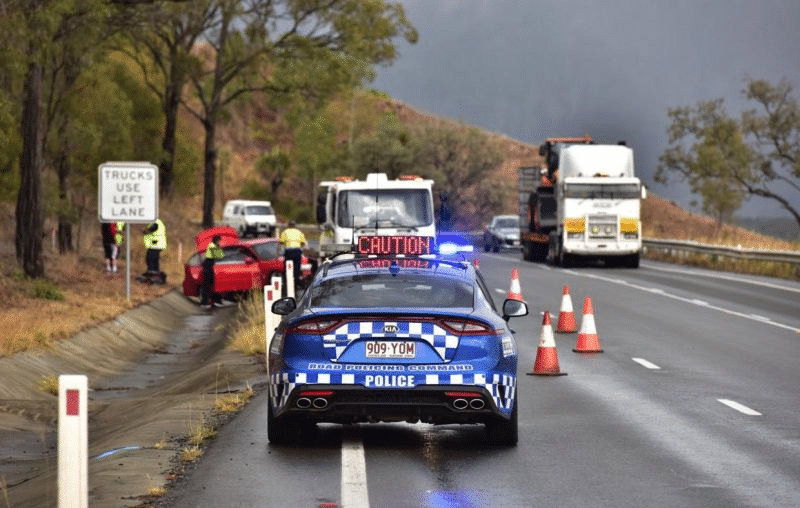
The debate surrounding the proposal to slow down for roadside workers highlights the importance of finding effective safety measures. While the intention is to protect vulnerable road users, concerns have been raised about the practicality and potential risks associated with reduced speed limits. Different states in Australia have adopted varying regulations, further adding to the complexity of the issue. As discussions continue, it remains to be seen how these proposals will be implemented and if they will effectively ensure the safety of roadside workers.


